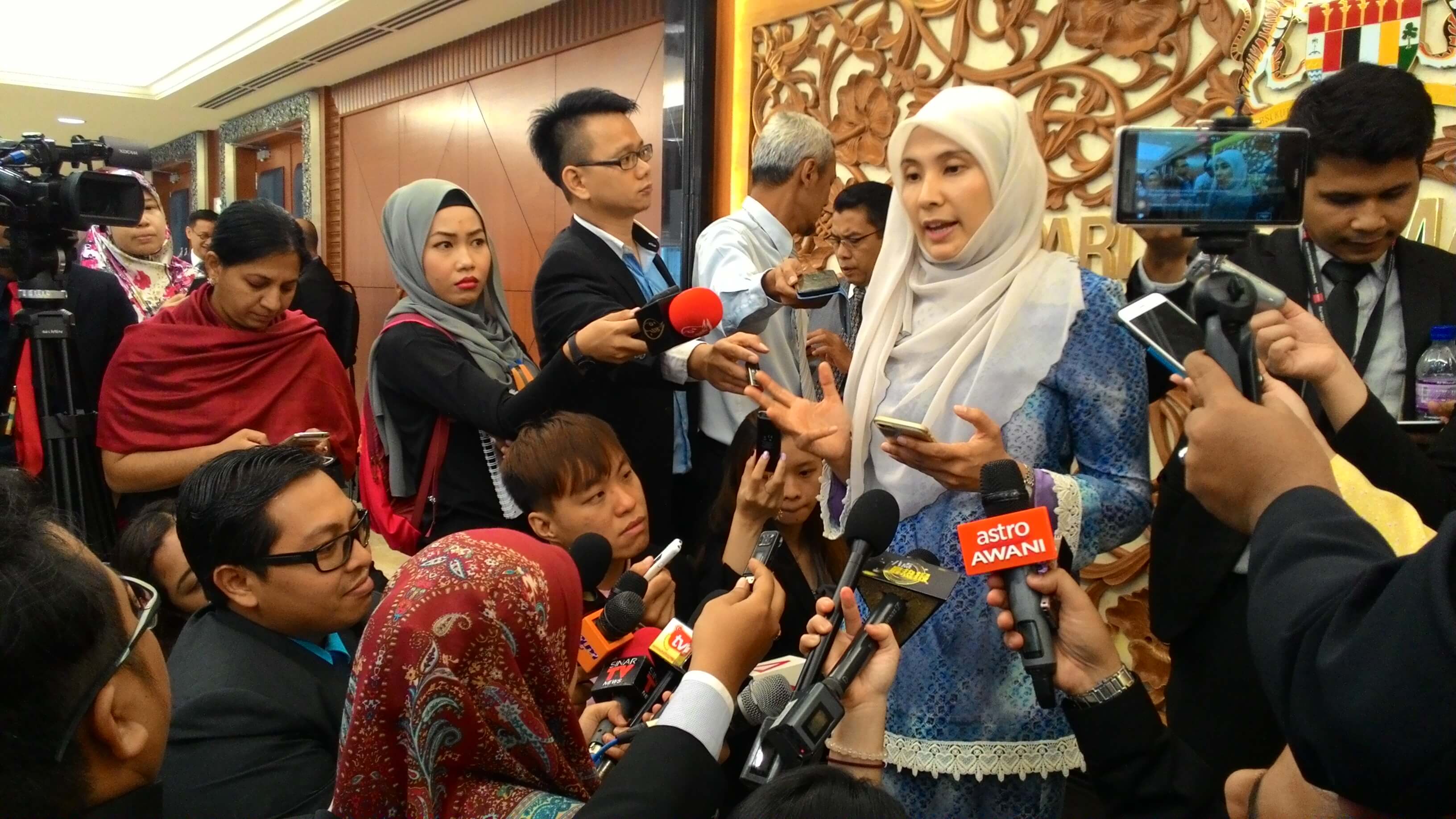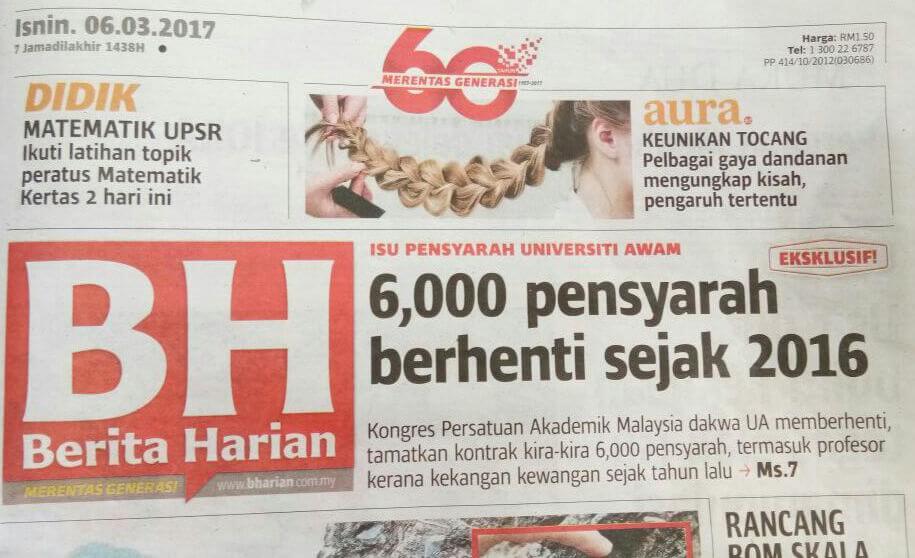FOR IMMEDIATE RELEASE
PRESS STATEMENT
OPS QASEH MUST END! THE ARCHAIC DESTITUTE PERSONS ACT 1977 TO ROUND UP THE HOMELESS VIOLATES THEIR FREEDOM AND RIGHTS
Recently, the government has expanded on its move to relocate the homeless through comprehensive and continuous round ups under Ops Qaseh, an effort spearheaded by the Ministry of Women, Family and Community Development. In addition to the announcement of Ops Qaseh, there has been a move to put in place new by-laws to fine members of the public who give donations to the homeless. This move has received fierce opposition from the public, as most Malaysians are of the view that it is preposterous to punish do-gooders for helping the needy.
This government does not seem to understand that homelessness is more than a poverty/welfare issue, and that each person is homeless for very different and intimately personal reasons. It is a symptom of what happens to the most vulnerable within a number of different aspects of society, whether it is the workplace, welfare system, family or economy. A one-sized fits all punitive law therefore cannot resolve such a diverse range of problems.
Of greater concern is the government’s use of the DPA to detain these homeless people against their will without the need for a trial or the like, bearing an eerie similarity to its recently repealed Internal Security Act. Contrary to assurances by the government, this is not a humanitarian system for the rescue, rehabilitation and care of the homeless; rather it is a remnant of repressive colonial policies introduced by the British. The government should aim at putting through new legislation that aims to help and re-house the homeless, instead of using legislation designed to make them ‘invisible’ by sending them to shelters involuntarily, or making it an offence to beg or receive alms. This will not stop their problems, nor will it stop other disadvantaged or vulnerable people from entering the streets.
NURUL IZZAH ANWAR
LEMBAH PANTAI MEMBER OF PARLIAMENT



